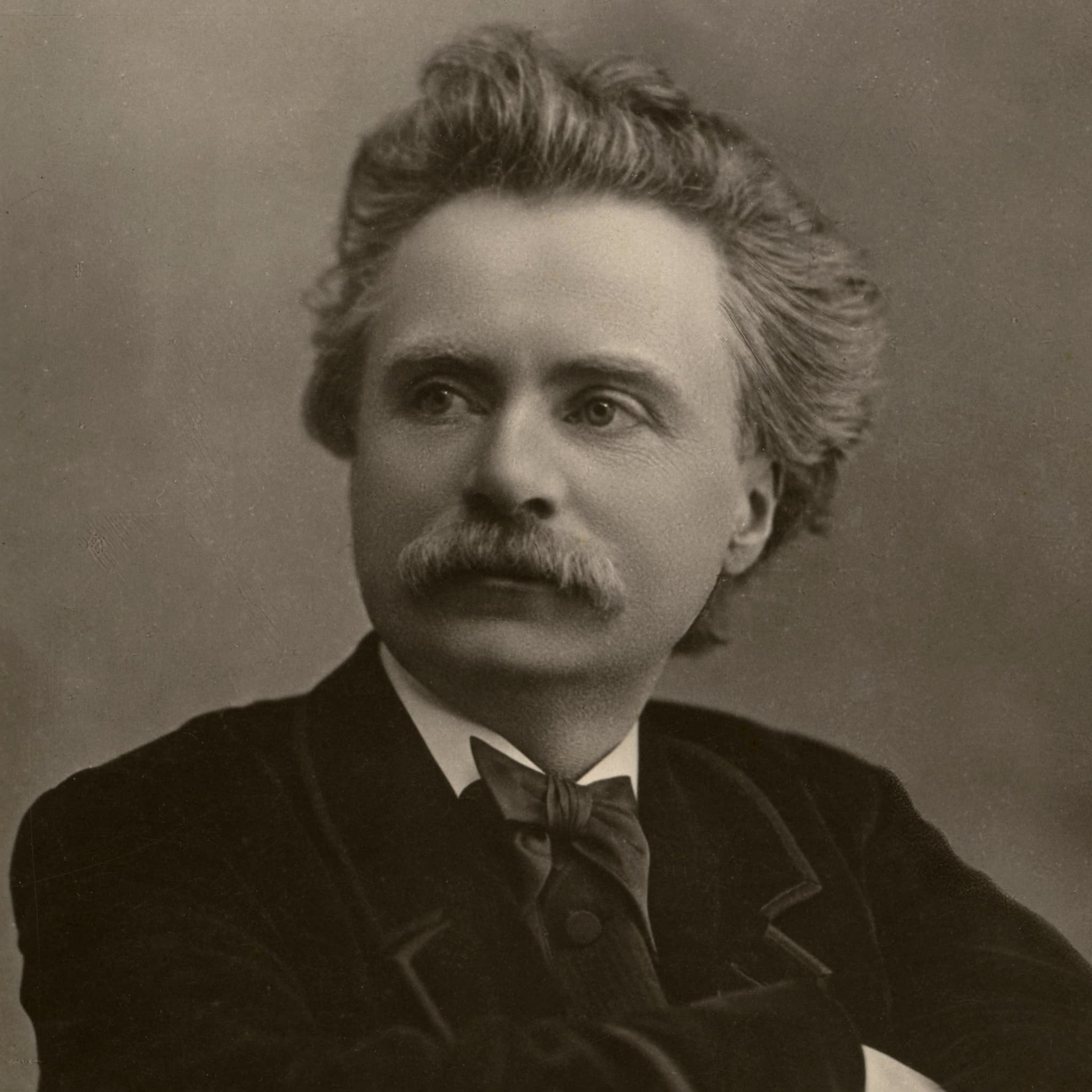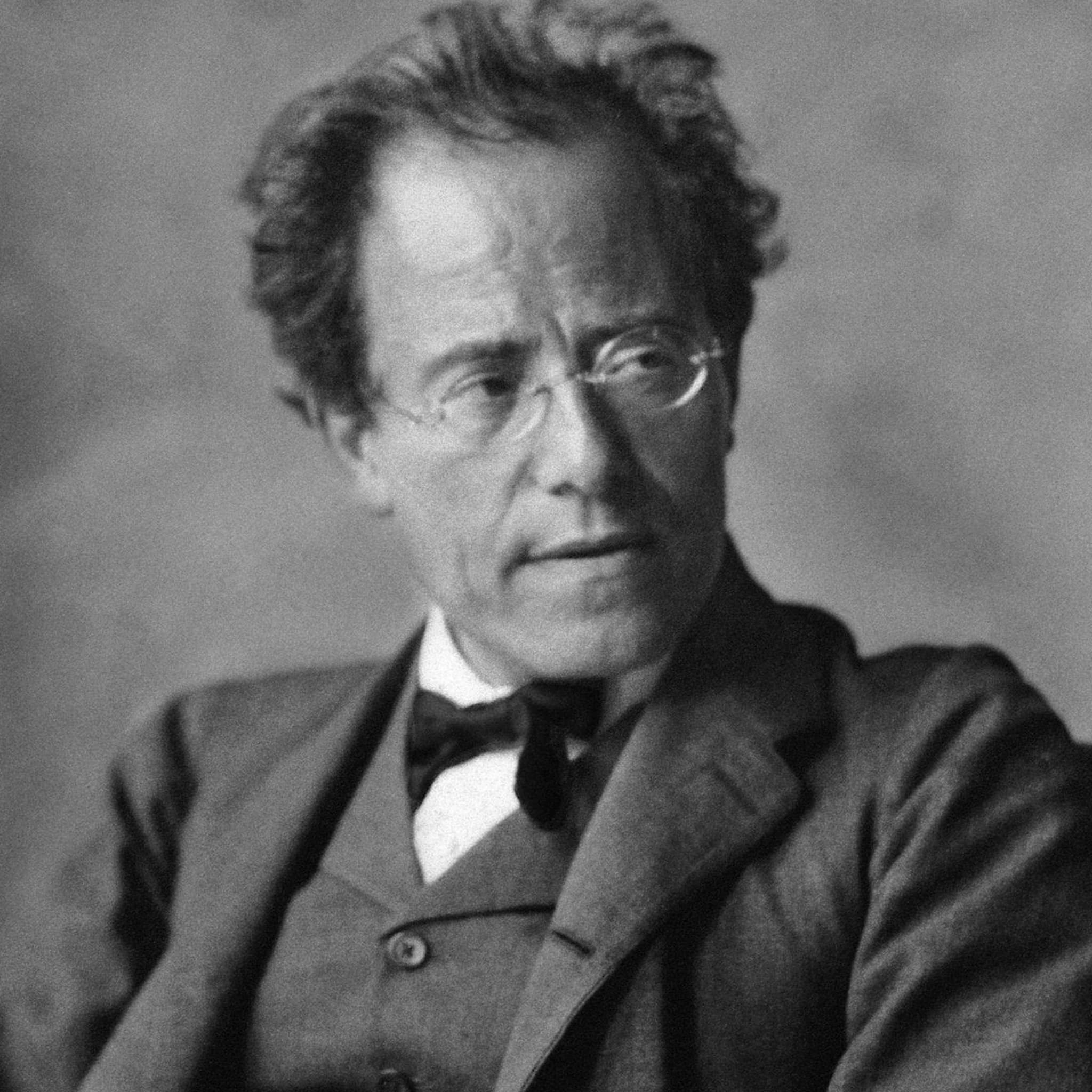Album insights
Im Oktober 2014 wurde der polnische Tenor Piotr Beczala bei der ECHO-Klassikpreisverleihung mit dem Titel "Sänger des Jahres" ausgezeichnet. Mit seinem Werk "The French Collection" widmet sich Beczala dem französischen Opernrepertoire. Die französische Operntradition stellt hohe Anforderungen an den Interpreten, besonders bei bekannten Kompositionen von Gounod (Faust, Roméo et Juliette), Bizet (Carmen) und Massenet (Manon, Werther). Der spezifische nationale Stil ist in den letzten sechs Jahrzehnten verlorengegangen, da internationale Ensembles die französische Opernszene prägen. Zur Vorbereitung hat Beczala historische Aufnahmen analysiert und sich mit kritischen Quellen auseinandergesetzt. Als Inspiration diente ihm der berühmte polnische Sänger Jean de Reszke, der meisterhaft Werke von Komponisten wie Meyerbeer, Wagner, Gounod, Bizet und Massenet interpretierte. Beczala folgt in seiner Darbietung einem wichtigen Grundsatz von Charles Gounod: Eine deutliche, präzise und gezielte Aussprache ist essenziell. Diese Herangehensweise erfordert eine besondere Ausdrucksfähigkeit, welche Emotionen und Leidenschaften betont. Während die Artikulation die äußere Form der Wörter gestaltet, füllt die Aussprache diese mit Gefühlen und Leidenschaft.






